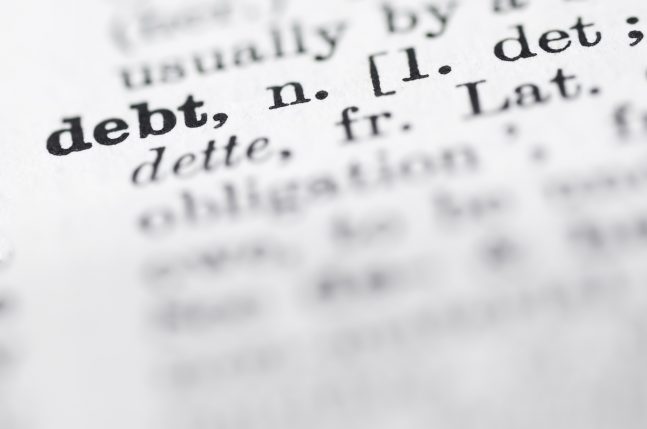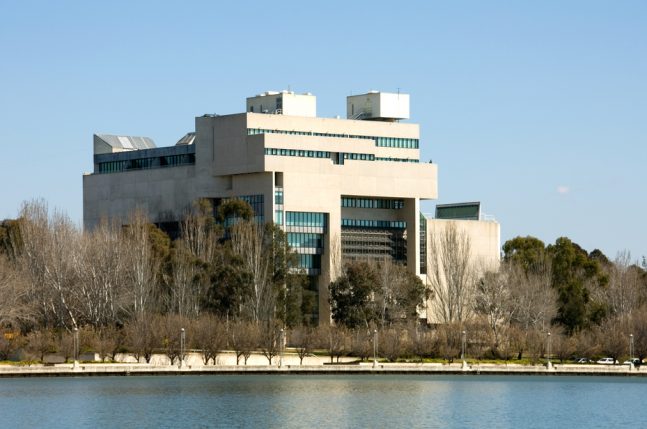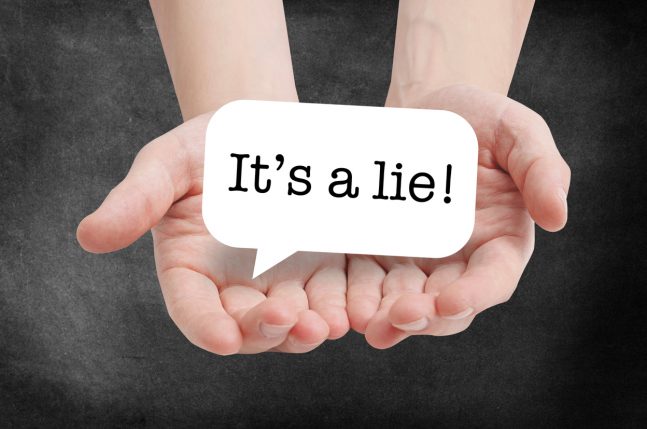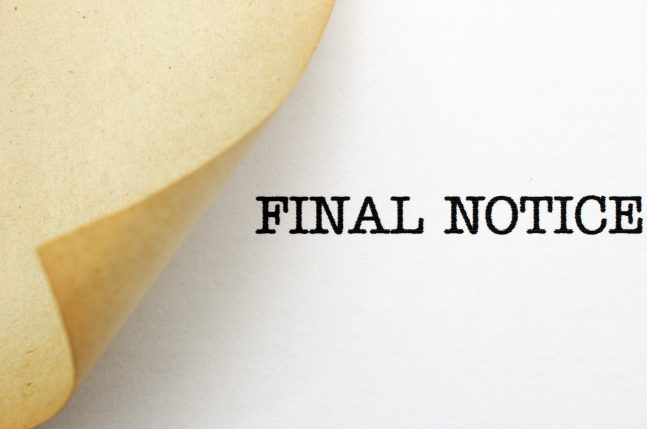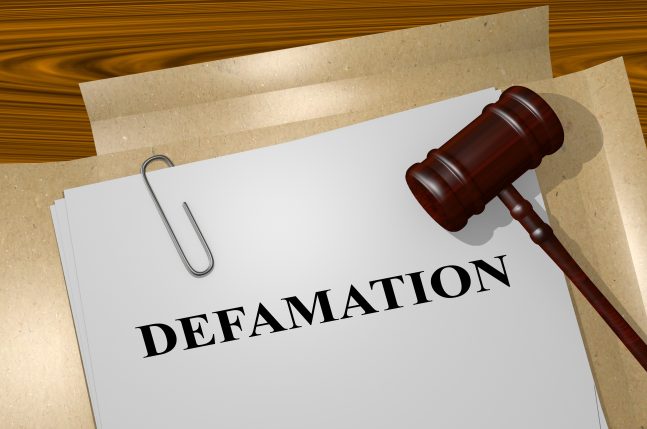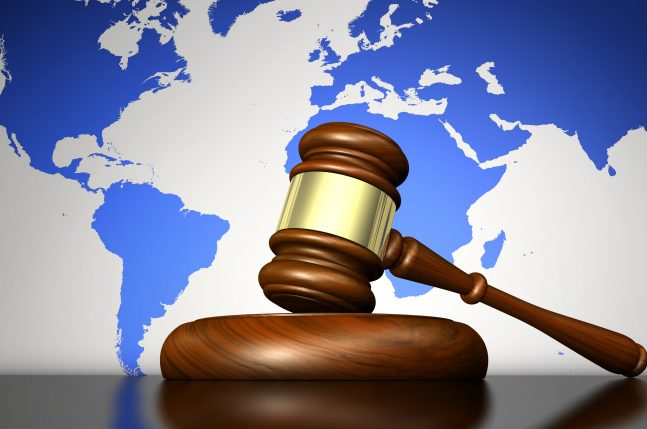Court Disputes Articles
Set Aside a Statutory Demand – Act Fast!
July 31st, 2019 by | Court Disputes, Debt Collection
Have you received a Statutory Demand and not sure what to do? We stress the need for absolute precision within an absolutely finite time in applying to set aside a Statutory Demand. A Statutory Demand is a statement, in a particular form, that a company owes a sum of money and that there is no… Read more »
Secret Recordings of Private Conversations
September 4th, 2018 by | Court Disputes
A recent South Australian Supreme Court decision – Nanosecond Corporation v Glen Carron (2018) has clarified the critical aspects of the Surveillance Devices Act 2016 as to the use of secret recordings of private conversations in civil litigation. In Nanosecond, a plaintiff had used his mobile phones to record 20 conversations with various persons in… Read more »
Statutory Demand Gets Debtor Company to Pay
July 17th, 2018 by | Court Disputes, Debt Collection
We have spoken before about the critical 21 day time limit of a statutory demand (see: “How to deal with a Statutory Demand” and “Statutory Demand: the 21 day guillotine”) which is often ignored by a debtor company and generally results in payment of the debt, costs and interest. Debtor Company Has 21 Days to… Read more »
Drawing the Line: Finality in Litigation
March 27th, 2018 by | Court Disputes
The Court promotes finality in litigation. That is, once a Court has given a judgment which is ‘perfected’ (broadly speaking, a court’s equivalent to ‘signed, sealed and delivered’), then the matter is over. This is subject to certain exceptions, the most significant of which are: (1) a statutory right of appeal; and (2) a right… Read more »
SA Supreme Court – Importance of Reasons for Decision
March 20th, 2018 by | Court Disputes
Justice must not only be done; it must be seen to be done. One key part of that commandment is that a court, when reaching a decision, must give reasons for that decision. Why is it Important for Courts to Provide Reasons? A court hearing any appeal from, or judicial review of, the decision needs… Read more »
Defamation or Malicious Falsehood – What’s the Difference?
March 8th, 2018 by | Court Disputes, Defamation
Defamation and malicious falsehood do overlap in the court of law. While defamation is more widely known and actioned, malicious falsehood is an alternative. Malicious falsehood (also known as injurious falsehood) differs from defamation (which injures personal reputations). Malicious falsehood is a lie about someone’s goods, business, or assets (e.g., X lies that trader Y’s… Read more »
Lawyers Adelaide
August 10th, 2017 by | Business Sale & Purchase, Commercial Transactions, Conveyancing, Court Disputes, Debt Collection, Deceased Estates & Inheritance Claims, Property & Leases, Wills & Estate Planning
Lawyers Adelaide Beger & Co Lawyers Adelaide provide legal services in a wide number of areas. These range through personal and business legal matters for our clients. Some of our more commonly requested legal services include: Wills and Estate Lawyers Adelaide A large part of our legal practice’s activity is acting as wills and estate… Read more »
Statutory Demand: The 21 Day Guillotine
July 18th, 2017 by | Court Disputes, Debt Collection
In a previous article (How to Deal With a Statutory Demand), we assured you that the 21 day window to apply (by filing the application and serving it on the applying creditor) to set aside a Statutory Demand could not be extended. The scheme set up by the Corporations Act is strict and inflexible on… Read more »
Lease Term Extended by SA Court Order
May 29th, 2017 by | Commercial Transactions, Court Disputes, Property & Leases
Recently, Beger & Co Lawyers acted for commercial tenants who were being evicted by their landlord because their lease arrangements were coming to an end. Despite vigorous opposition by the landlord, our clients won a Court Order to extend their lease term so that they can stay in their shop for at least 5 years…. Read more »
Defaming Public Figures
May 3rd, 2017 by | Court Disputes, Peter Jakobsen
In defamation law, there is a defence of Qualified Privilege. A defamatory statement will not make the defendant liable if there was a legal, social or moral interest or duty to say it, and the person spoken-to had a corresponding duty or interest to hear it. And the statement must be reasonably necessary to the… Read more »
Service of Court Process From Overseas
March 29th, 2017 by | Court Disputes, Peter Jakobsen
The world is a smaller place and more and more of us do business overseas, in the United States among other countries, despite the disdain of the US President for certain free trade agreements. But business can, unfortunately, sometimes lead to litigation (which has been described as business by other means). What to do if… Read more »
Expert Evidence
November 22nd, 2016 by | Court Disputes
Generally, the Courts aren’t interested in anyone’s opinion except their own. That is, the Courts are there to hear facts and then deliver their opinion (which is called a Judgment). One major exception to this principle arises in the case of an expert witness. Experts are allowed to give an opinion and have that opinion… Read more »
Injunction Undertaking as to Damages
April 10th, 2016 by | Court Disputes
We have written on injunctions in general [see our article ‘When Only an Injunction Will Do‘] but want to remind you that generally, if you seek an interim or interlocutory injunction, you will need to give an undertaking as to damages, so that if the injunction turns out (after a trial) to have been granted… Read more »
Standards of Proof in Different Court Cases
January 18th, 2016 by | Court Disputes
When something has to be proved before a Court or Tribunal, the question to be addressed is to what degree (“how much” or “how well”) does it have to be proved? This will depend on the type of case, the issues in the case, and the type of Court or Tribunal. In a criminal matter,… Read more »
Lawyers Obliged to act in Best of Client and Court
September 23rd, 2015 by | Court Disputes
In the film Reversal of Fortune, the actor playing Alan Dershowitz gives an example where a woman on the point of divorcing her husband is suddenly accused of molesting her son. He describes the nightmare fallout – suddenly she is all alone – everyone assumes she is guilty – even the mailman is starting to… Read more »





